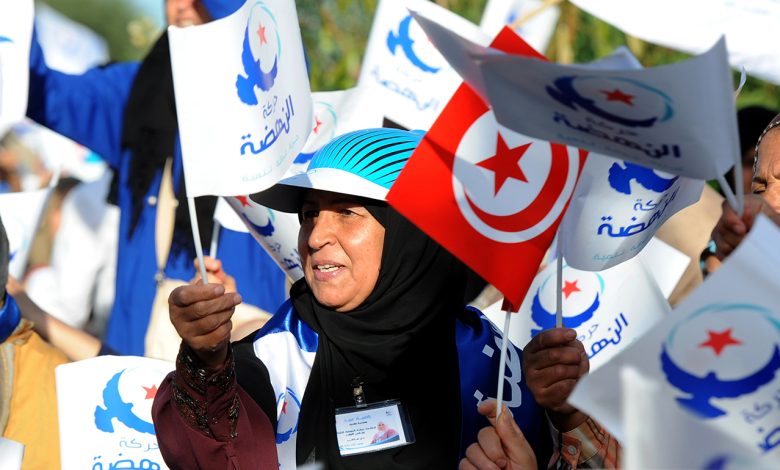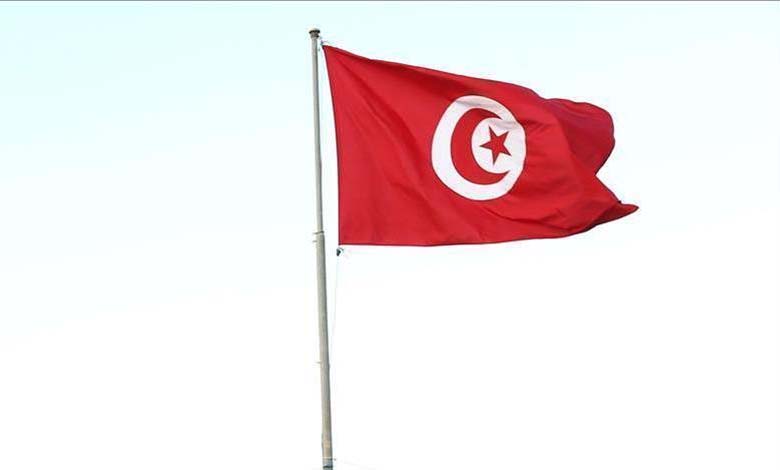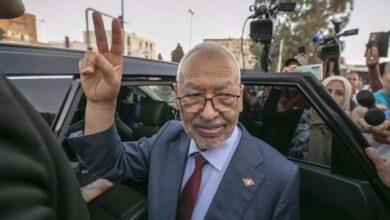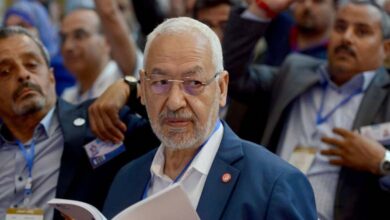Tunisia – Why is the election law a new shock for the Renaissance Brotherhood?

No sooner did Ennahdha, the political arm of the Muslim Brotherhood in Tunisia, wake up to the painful blow of the new republic’s constitution than Tunisian President Kais Saied surprised it with the start of a new confrontation on the “election law” front. He limited himself to receiving proposals for the new election law to a certain category, not including those who opposed the July 25, 2021 procedures.
In a statement on the official Facebook page of the Tunisian presidency, Saied said, during a meeting with Farouk Bouaskar, Chairman of the Independent High Commission for Elections, that a new draft of the election law will be prepared that will take into consideration “the remarks and proposals that will be made by those who supported the reform process on July 25, and who were involved in the new establishment process, unlike those who show what they do not want, and who infiltrated in the name of this path without having anything to do with it”.
New Republic
The meeting between Tunisian President Kais Saied and Farouk Bouaskar, the President of the Independent High Electoral Commission, dealt with the preparations of the commission to elect the members of the Assembly of the Representatives of the People on the 17th of December. The Tunisian President had announced for the first time the drafting of a new election law on the 25th of July last, during his vote in the referendum on the constitution of the “New Republic”, which ends the exploitation of religion for political gains, and confronts religious parties, foremost of which is the Ennahdha Movement, which tried to abort the referendum on the constitution in various ways; However, Tunisians succeeded in passing the new constitution with an overwhelming “Yes”. At the beginning of last month, the new constitution entered into force after the decisions on the appeals were made, as the results were: the “Yes” vote rate was 94.60%, i.e., 2 million and 67,884, and the response rate was 5.40%, i.e., 148,723, in a new victory for Tunisian President Kais Saied, who has appeared solid in the face of Ennahdha since the decisions of July 25, 201.

Brotherhood shocks
The constitution was the most recent front in the confrontation between Saied and the Brotherhood, months after the dissolution of the Brotherhood-majority parliament at the end of March, eight months after the suspension of its work on July 25, 2021, as part of exceptional measures described by its opponents as a “coup against legitimacy”, while Hu confirmed that it is a correction of the revolutionary path. Tunisian political and legal analyst, Hazem Al-Qusouri, said that the confrontation with the Brotherhood was initiated through the activation of legal procedures to neutralize the members of the organization on an internal and international level.
Al-Qasouri added that the Brotherhood organization has been dealt several painful blows worldwide, the most recent of which was the resignation of Raïssouni, which made Abdel-Ilah Benkiran, the Secretary General of the Justice and Development Party in Morocco, attempt to attack Tunisia and its symbols.












